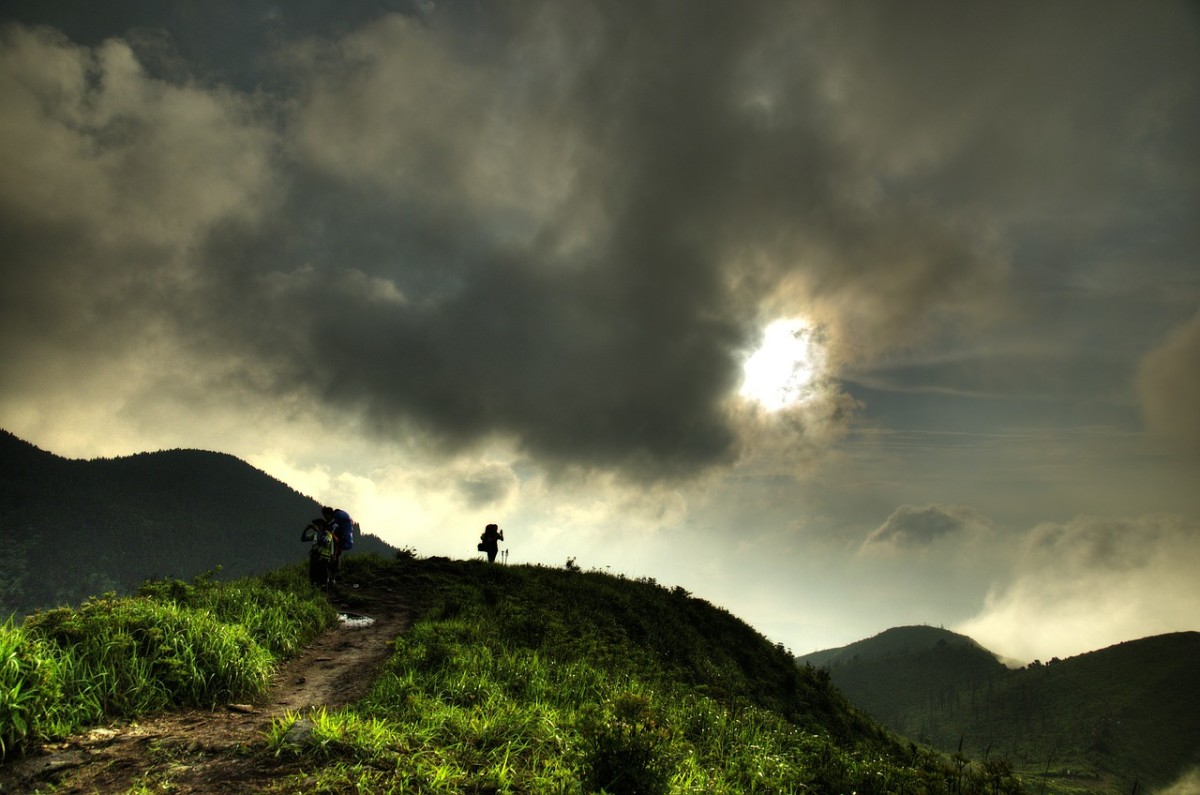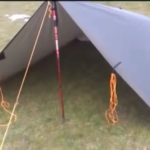Mistakes to Avoid When Bugging In

Bugging in may often be the safer and more reasonable approach to dealing with a survival situation for a million and one different reasons. However, it’s important to be mindful of a number of common mistakes that people make when weighing their options. Let’s take a look at what to avoid in order to ensure that you are making the best decision with respect to staying put instead of heading out.
False Sense of Security
The single, most common mistake that people make is that they develop a false sense of security with their respect to their shelter. One reason is that we’re creatures of habit and we like to have familiar surroundings. We also put a lot of time and effort into building stockpiles, defenses, developing land and tending to other things that give us a personal attachment to our location. The reality is that there are times that despite our best efforts, it makes more sense to get out of town than to stick around.
Try and be as objective as possible and perform a thorough assessment of your current level of preparedness, vulnerabilities and nature of the overall situation. This will give you some perspective as to whether you are equipped with the resources, skills and security measures that are necessary to make the location work to your advantage. If not, get out, because the risk may be greater by staying put then by fleeing.
Lack of Resources

Bugging in should be considered an option only if you have the resources and ability to hunker down for the long-term. This includes having a reliable food and water supply, are in a place that doesn’t attract attention, and are able to defend it if necessary. You must be ready to stay put for the duration and in a position to not only survive, but thrive. Make sure that you have adequate resources, tools and skills that make staying put the best option to consider.
Fears of What’s Outside

We can easily withdraw into our cocoons of security and have a fear of venturing out into the unknown. Sometimes they are justified, but there are times when they are based on emotion rather than the product of deliberative thought. Make sure that you are deciding to stay put because it is truly the safest option available.
One of the biggest causes of deciding to stay when it’s more prudent to go is from a lack of planning. Are you familiar with escape routes? Do you have bug out locations established and ready? Is your vehicle ready? Do you have a bug out bag and supplies? Being unprepared to leave is not a good reason to stay in most cases. Make sure that you’re planning and prepared to flee, and that you don’t second-guess yourself when that time comes. Fears of the unknown tend to diminish with increased preparedness and practice.
Faith in the Status Quo
Many people erroneously believe that police, fire and rescue services will be on line and ready to respond following a disaster. Some people have the impression that they are safe and their neighbors will not pose a risk to their security. Perhaps they think the hospital is accessible and taking patients. There are a lot of reasons that a belief in the status quo may keep us from wanting to leave. The reality is that following a disaster, normal life and basic services such as clean water, sewerage and access to food, gas and medicine will be disrupted for a very long time.
There are times when staying put is definitely the safer option, and we should all prepare for that contingency. The trick is to be honest and level-headed about when it is time to flee, so that we don’t place ourselves in greater danger by not acting when we have the opportunity to do so.














